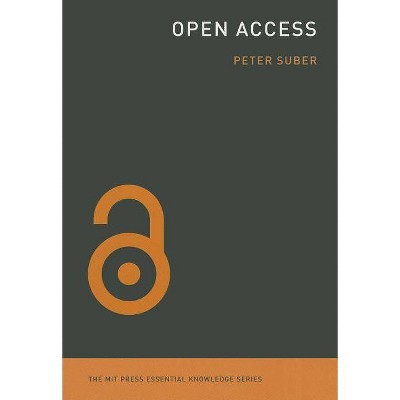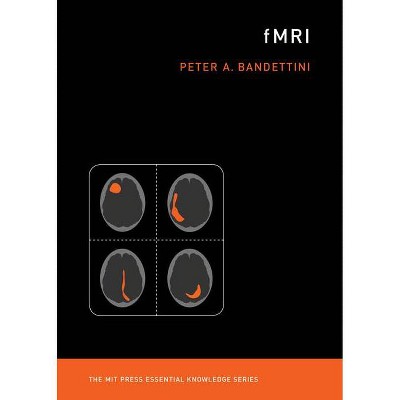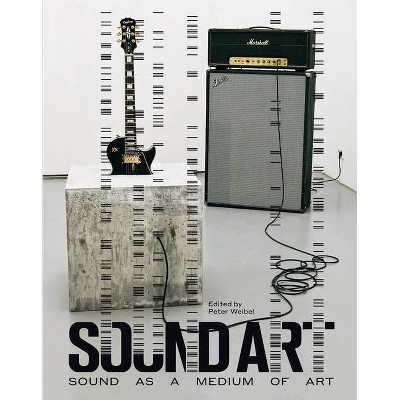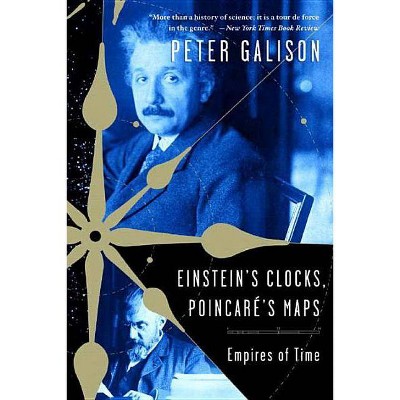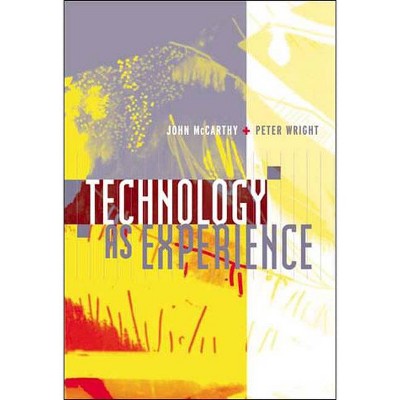Objectivity - (Mit Press) by Lorraine Daston & Peter Galison (Paperback)
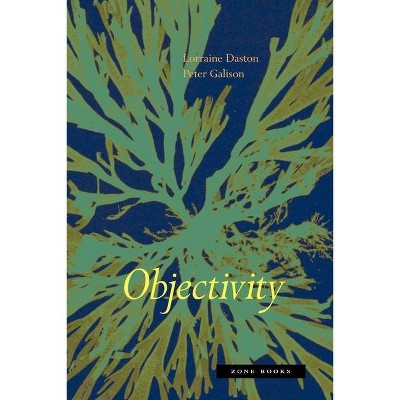
Similar Products
Products of same category from the store
AllProduct info
<p/><br></br><p><b> About the Book </b></p></br></br>The emergence of objectivity in the mid-nineteenth-century sciences, as revealed through images in scientific atlases--a story of how lofty epistemic ideals fuse with workaday practices.<p/><br></br><p><b> Book Synopsis </b></p></br></br><p>Objectivity has a history, and it is full of surprises. In <i>Objectivity</i>, Lorraine Daston and Peter Galison chart the emergence of objectivity in the mid-nineteenth-century sciences -- and show how the concept differs from alternatives, truth-to-nature and trained judgment. This is a story of lofty epistemic ideals fused with workaday practices in the making of scientific images. <p/>From the eighteenth through the early twenty-first centuries, the images that reveal the deepest commitments of the empirical sciences -- from anatomy to crystallography -- are those featured in scientific atlases: the compendia that teach practitioners of a discipline what is worth looking at and how to look at it. Atlas images define the working objects of the sciences of the eye: snowflakes, galaxies, skeletons, even elementary particles. <p/>Galison and Daston use atlas images to uncover a hidden history of scientific objectivity and its rivals. Whether an atlas maker idealizes an image to capture the essentials in the name of truth-to-nature or refuses to erase even the most incidental detail in the name of objectivity or highlights patterns in the name of trained judgment is a decision enforced by an ethos as well as by an epistemology. <p/>As Daston and Galison argue, atlases shape the subjects as well as the objects of science. To pursue objectivity -- or truth-to-nature or trained judgment -- is simultaneously to cultivate a distinctive scientific self wherein knowing and knower converge. Moreover, the very point at which they visibly converge is in the very act of seeing not as a separate individual but as a member of a particular scientific community. Embedded in the atlas image, therefore, are the traces of consequential choices about knowledge, persona, and collective sight. <i>Objectivity</i> is a book addressed to any one interested in the elusive and crucial notion of objectivity -- and in what it means to peer into the world scientifically.</p><p/><br></br><p><b> Review Quotes </b></p></br></br><br>A truly outstanding book that will hopefully shape our future vision of what is meant by objectivity, from an epistemic as well as from an ethical (and aesthetical) point of view.-- "Image and Narrative"<br><br>Lorraine Daston and Peter Galison pursue the idea that we can best explore the many meanings of objectivity through an examination of images. . . . <i>Objectivity</i> offers a cornucopia of images ranging from plants and birds to embryos and snowflakes, and it is enriched by the authors' expert sleuthing and wide intellectual reach.-- "Nature"<br><br>We need history of science in the style of Daston and Galison: a history of science that commands the details but at the same time discerns the shape of larger developments -- and that makes us realize just how many meanings have been packed into the little word 'objectivity, ' which rolls so trippingly off the tongue.-- "Frankfurter Allgemeine Zeitung"<br><p/><br></br><p><b> About the Author </b></p></br></br><p>Peter Galison is Pellegrino University Professor of the History of Science and of Physics at Harvard University. He is the author of <i>Einstein's Clocks</i>, <i>Poincare's Maps: Empires of Time</i>, <i>How Experiments End</i>, and <i>Image and Logic: A Material Culture of Microphysics</i>, among other books, and coeditor (with Emily Thompson) of <i>The Architecture of Science</i> (MIT Press, 1999).</p>
Price History
Price Archive shows prices from various stores, lets you see history and find the cheapest. There is no actual sale on the website. For all support, inquiry and suggestion messagescommunication@pricearchive.us


